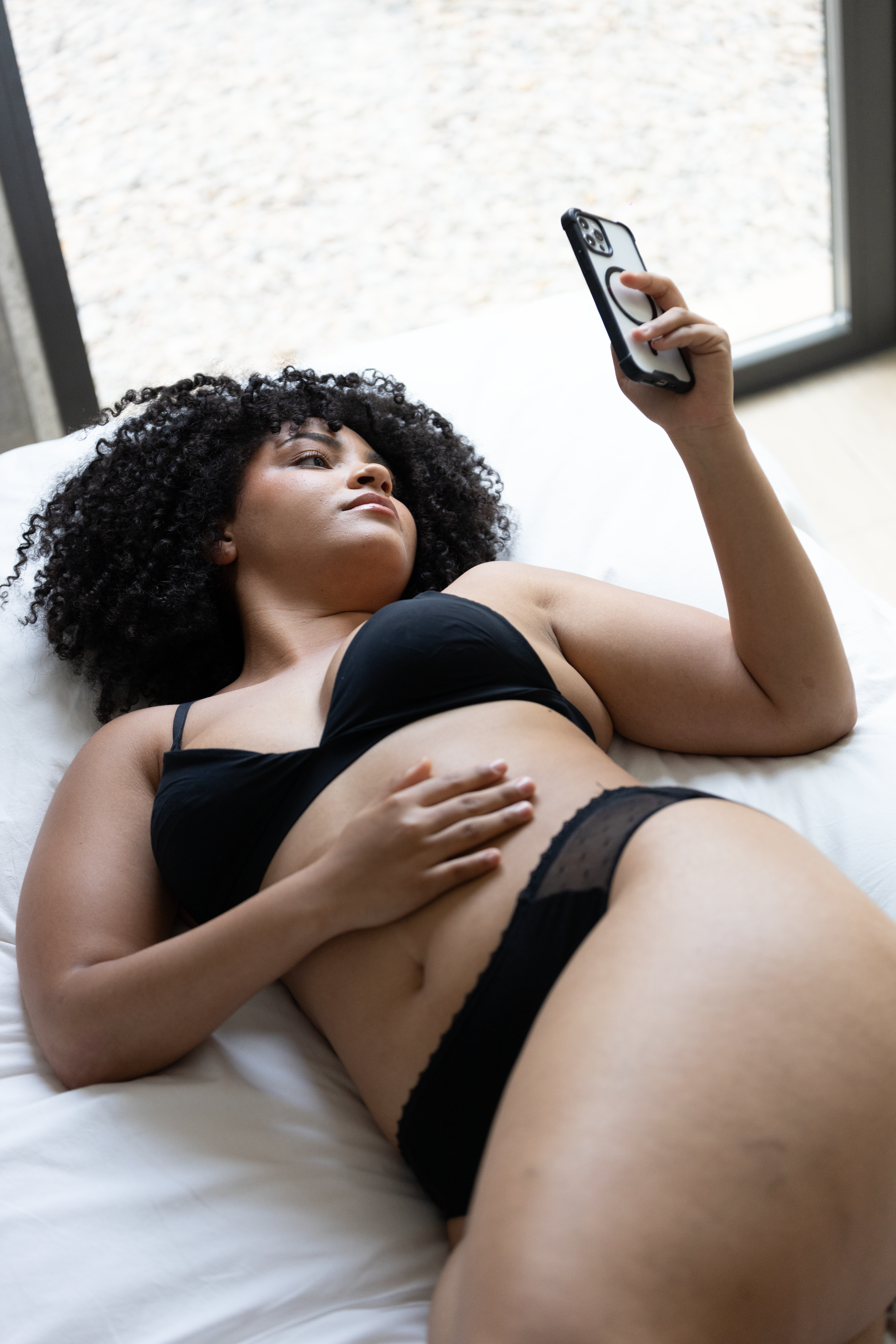
This is what you should know about Vaginal Candidiasis and menstruation

You've probably heard of vaginal candidiasis. Believe it or not, this is an ailment that affects a large number of women throughout their lives.
What does it consist of?
It is also known as candida vulvovaginitis. It is a genital infection caused by a fungus called Candida Albicans, mainly affecting the vaginal flora, growing uncontrollably when there is an imbalance in the intimate area, as well as temperature changes in the pH of the vaginal flora and humidity.
Vaginal Candidiasis and the menstrual cycle:
As we well know, during the menstrual cycle we experience various changes, both physical and psychological. Our body faces countless hormonal variations during the premenstrual phase, making women much more vulnerable to any type of vaginal infections.
During the menstrual period the levels of progesterone and estrogen increase considerably, so the chances of suffering any type of infection in the intimate area increases.
During these days the pH suffers an imbalance, caused mainly by the elimination of cellular waste, thus causing the vaginal humidity and temperature to increase. This creates an ideal environment for fungi such as Candida Albicans to reproduce.

How can you minimize the chances of getting a vaginal yeast infection?
Menstruation is one of the main factors for the occurrence of candidiasis. So it is important that you take some recommendations to help reduce all the chances of contracting this type of infection.
- Always keep your intimate area clean and dry.
- When going to the bathroom, wipe from front to back, to avoid spreading bacteria from feces to the vaginal area.
- Use intimate hygiene solutions with a neutral pH to avoid affecting the vaginal flora.
- Avoid using feminine hygiene sprays, fragrances or powders.
- Avoid douching, which can kill all the beneficial bacteria lining the vagina and increase the chances of infection.
- Avoid wearing tight-fitting underwear and clothing; tight-fitting clothing can cause irritation.
- Opt for cotton underwear and avoid silk or nylon. These types of materials may increase sweating in the genital area and cause irritation.
- In case you have gone to the beach or the swimming pool, try to wear clean and dry underwear.
- During your menstrual period it is not advisable to use disposable pads. Most disposable pads have chemicals and toxic agents that could affect your vaginal flora. Ecofriendly pads are designed with natural materials, so you will feel comfortable and free of infections.

If you notice any changes in your intimate area, there is no need to feel embarrassed. There are many women who go through this type of situation.
What makes the difference in this type of case, is to be able to talk calmly, inform yourself, so you can have a timely treatment. In case of any symptoms of vaginal candidiasis, the best thing to do is to consult your gynecologist. Never self-medicate.




